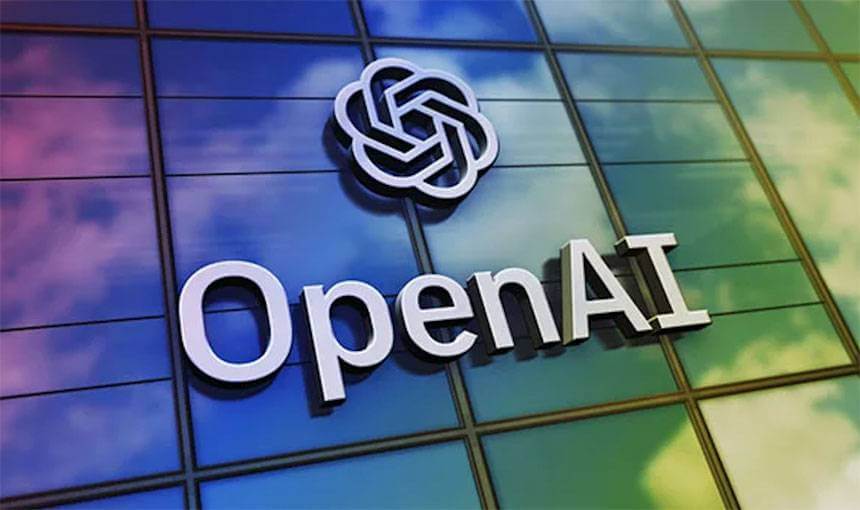OpenAI has escalated its ongoing legal battle with Elon Musk by filing a countersuit against the Tesla and xAI CEO. The artificial intelligence company alleges that Musk has engaged in unfair competition and interfered with OpenAI's business relationships with investors and customers. This move comes as a response to Musk's initial lawsuit, where he claimed that OpenAI had betrayed its founding mission as a non-profit research lab benefiting the public good, and instead, has become focused on pursuing profits.
The countersuit, filed in a California federal court, accuses Musk of orchestrating a "relentless" and "malicious" campaign to undermine OpenAI after he left the organization years ago. OpenAI claims that Musk, unable to accept OpenAI's success, has resorted to various tactics to harm the company and seize control of leading AI innovations for his personal benefit. These tactics allegedly include press attacks, malicious campaigns broadcast to Musk's extensive social media following, demands for corporate records, and harassing legal claims. OpenAI specifically points to Musk's unsolicited bid of $97.4 billion to acquire OpenAI as a "sham bid" intended to disrupt the company's fundraising efforts. OpenAI stated on X, "Elon's nonstop actions against us are just bad-faith tactics to slow down OpenAI and seize control of the leading AI innovations for his personal benefit. Today, we counter-sued to stop him."
The legal documents detail OpenAI's origins in 2015, when Sam Altman and Greg Brockman envisioned creating an AI lab focused on developing artificial general intelligence (AGI) for the benefit of humanity. Musk was initially involved, serving on the board and pledging $1 billion in donations. However, the relationship soured. OpenAI claims that between 2017 and 2018, Musk demanded "absolute control" of the enterprise or its absorption into Tesla, which Altman, Brockman, and then-Chief Scientist Ilya Sutskever rejected. OpenAI quotes Sutskever warning Musk against creating an "AGI dictatorship." Subsequently, Musk departed in February 2018, allegedly declaring OpenAI would fail without him.
OpenAI is seeking legal remedies, including an injunction to prevent Musk from further "unlawful and unfair action" and compensation for damages already caused. The company argues that Musk's actions have already taken a toll and threaten greater harm if his campaign persists. They claim that Musk’s actions are motivated by self-interest and a desire to impede a competing organization.
Musk's initial lawsuit against OpenAI alleges breach of contract, fraud, and breach of fiduciary duty. He seeks to prevent OpenAI from transitioning to a for-profit structure and demands compensation for damages and fees. Musk argues that OpenAI's shift to a for-profit model and its close partnership with Microsoft violate the terms of his initial contributions to the organization. He claims that OpenAI's technology should be open source "for the benefit of humanity," as per the original "Founding Agreement."
The judge presiding over the case has acknowledged the complexities of the dispute and has scheduled a jury trial for Spring 2026. While a request for a preliminary injunction to block OpenAI's transition to a for-profit entity was denied, the judge has indicated that some of Musk's claims will proceed to trial. The judge has also stated that Musk will have to appear in court and testify.
This legal battle highlights the growing rivalry between OpenAI and xAI, Musk's AI firm launched in 2023. OpenAI maintains that Musk's actions are driven by self-interest and a desire to slow down a competing organization. Conversely, Musk claims he was "manipulated" into co-founding OpenAI. As the case progresses, the court will have to grapple with complex questions about the original intent of OpenAI, the obligations of its founders, and the future of AI development.

















